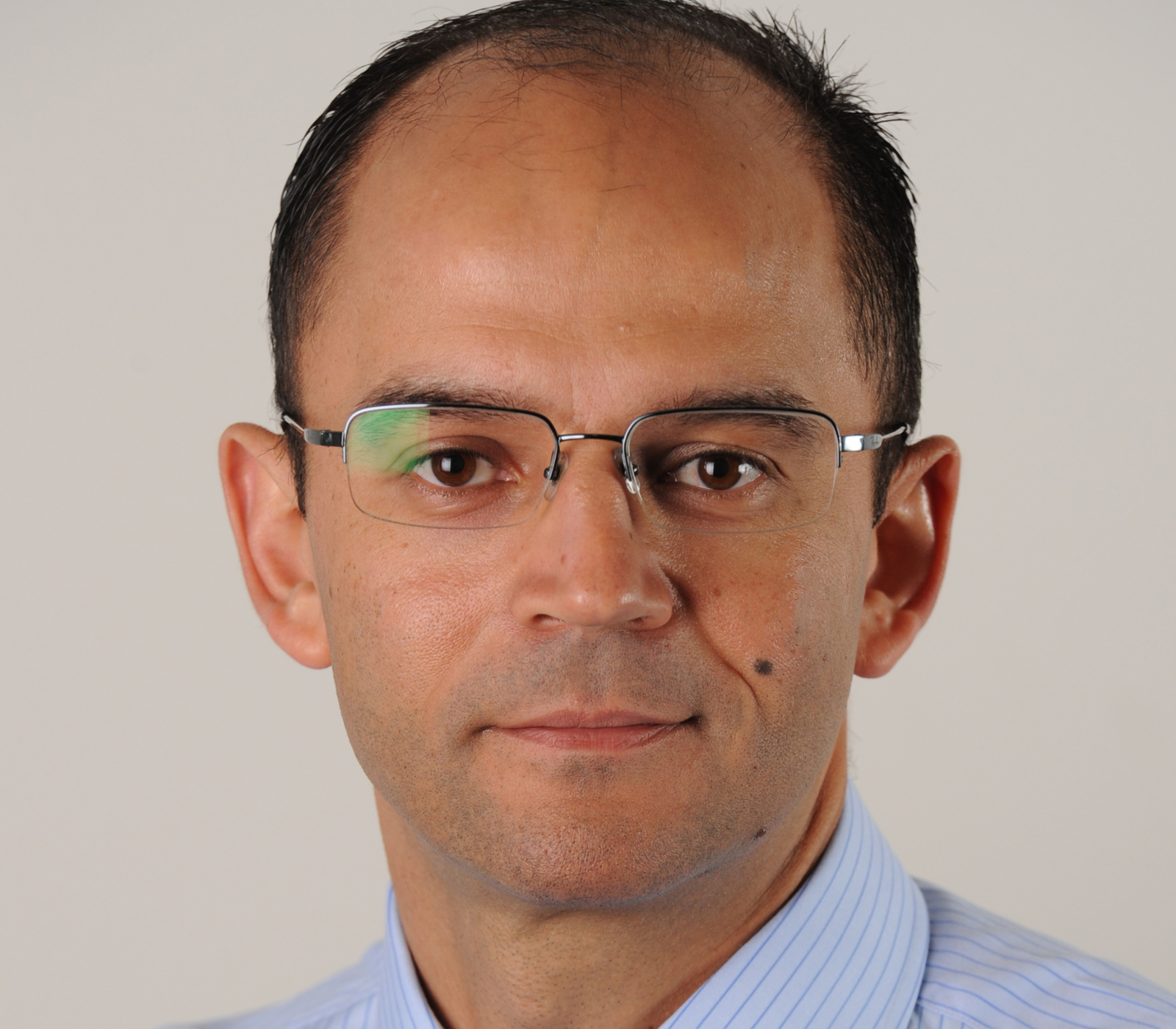
Green Building Convention 2023: Closing address by GBCSA Chair André Theys
November 22, 2023
Back when I was growing up, we caught a train to watch a movie on a Saturday afternoon, way before streaming, DSTV and video machines. James Bond movies was my thing and after every movie, at the end of the credits, would be the teaser “James Bond will return in…”and they would mention the next Bond movie.
I would wait 12 to 18 months, sometimes 2 years before the next movie and the cycle would repeat. Depending on your generation, we all had our favourite 007, mine was Roger Moore, my father thought Sean Connery was best. My wife thinks Daniel Craig is the bee’s knees. In the last few Bond movies, Ralph Fiennes who plays Mallory, or M, always dispatched Daniel Craig to his new assignment with the saying “Don’t muck it up 007”. All through this convention and as I was making my up here, I kept telling myself, “Don’t muck it up 007”, “Don’t muck it up 007”, so here goes…
It’s been a great convention, hasn’t it?
Once again, all kudos to Lisa, her team at the GBCSA and Tam, and her team at IDNA. The topics and speakers we have had over the last three days have been interesting, exciting, so topical, relevant and most of all inspiring. The last panel mapped the trends and gave us their very interesting insights into what the future holds for sustainability in the built environment.
As incoming chair of the GBCSA, my job here today is to outline where the GBCSA are heading, in a sense expand on the step change Lisa mentioned in her opening plenary remarks. Then I will hand over to Lisa to bring this 2023 convention to a close and, importantly tell us what the theme of the 2024 convention will be.
In preparing for this address, I was humbled by the thought that I would be standing talking to a room full of the subject matter experts, the de facto go-to people on all things Green in the Built Environment, so please indulge me if I tell you something you already know, if I bore you, and if I am just completely wrong, I thank you for not raising your hand or only challenging me, after I leave the stage.
In his lecture to the University of Austin, Texas, in June of this year, journalist and author, Michael Schellenberger made reference to Ernest Becker’s book, “The Denial of Death”. Admittedly, a macabre subject but nevertheless, in it, Ernest Becker wrote – and I quote “Man cannot endure his own littleness unless he can translate it into meaningfulness on the largest possible level”.
Schellenberger’s explanation of Becker’s quote was that the idea, that we just die, and turn to worm food, is depressing, particularly so, if you thought your life was not exciting or interesting. So, you end up overcompensating or constructing monuments to our lives, write books, run political campaigns, walk to the North and South poles, what he called “Immortality Projects”. There is nothing wrong with these “immortality projects” because you end up with beautiful monuments, projects, achievements, or institutions that outlive you, if, and when done right.
What I am getting at is that, having serving on the GBCSA board and now taking on the role of chair, is probably my immortality project. To be part of something so great, so impactful, so much greater than me, is no small thing.
That the Board has entrusted me with the stewardship of this prestigious organization is sometimes overwhelming. To be able to stand here, taking over from Brian, to build off the foundations laid by previous Chairs, such as Giles, Ilse, Nathi all the way back to Brian and Bruce, leaves me very aware of what those before me have built and it’s certainly not my intention to “muck it up”.
The GBCSA Executive and staff are a very small team of passionate, dedicated, highly skilled and if I can borrow from Robert Swans’ story, committed change agents. In the humdrum of the day-to-day operations – certifying, training, advocating, meeting with stakeholders and just chasing membership fees, one can easily forget the “Why” we exist… that we are in the business of adapting to and mitigating against Climate Change… and the pressure is becoming more acute these days, as we are living in an increasingly polarized world. Social media platforms designed to connect people have inadvertently become breeding grounds for ideological divides. Echo chambers form as algorithms direct content to reinforce pre-existing beliefs, creating a polarized landscape where other views are marginalized or dismissed. This, in turn, fosters an environment where nuance is lost, complexity unappreciated, and the unintended consequence is that everything is reduced to a binary. You’re either left wing or right wing… you’re either conservative or liberal and so too with climate change.
You’re either a climate denier or a climate alarmist. Either of which is not helpful because if you follow the climate deniers, nothing happens and the status quo prevails… and if you follow the climate alarmists, then you potentially rush to adopt climate policies that run the risk of ending up with the cure being worse than the disease.
The majority of voices are not heard, and it is the outliers, the polarized views that sit on the opposite ends of the proverbial bell curve which make up probably 10 to 15% and the middle of the bell curve, or the 85 to 90% where the voices are silent, but where the real work happens – and it is into this space that organizations like the GBCSA must step into.
Climate change is real, is happening, and it cannot switched off… many of the changes are already baked in. Most climate scientists will agree once it’s in motion it will go on for decades. The paths and the trajectories to Net Zero are not going to be like dialing back a thermostat by one and a half degrees. I understand why climate scientists have had to introduce alarm to overcome the inertia, but I am also concerned that we don’t overcorrect. There are numerous examples from organizations exploiting ESG to greenwash, through to organizations and governments driving accelerated decarbonization plans and policies with little to no consideration given to the economic costs, or blindly adopting decarbonization tools developed in other countries or markets without considering local contexts.
The GBCSA has always carried out its mission very much aware of its South African context, constantly adapting and customizing our rating tools. Lisa has stated on numerous occasions that she is “Pragmatic Tree Hugger”.
The New Build version 2 is testimony to that, and Georgina and Dash have led a large team of collaborators to adapt the tool taking our context into account. But, in considering our context, we must take stock of our current macroeconomic environment. We are at the lower end of the business cycle, enduring higher than usual interest rates and investors are likely to hold off until after next year’s national elections, until the political landscape has settled and there is some policy certainty. This coupled with worsening socioeconomic conditions means that we are unlikely to see the flow of new builds and growth we’ve experienced in the past, for some time.
While the business cycle takes its time to improve, the GBCSA will nevertheless push ahead with updating our rating tools to ensure market alignment, essentially investing now so that when business confidence improves, we are able to offer the market updated tools that drive even greater resource efficiency. At the same time, we plan to focus on driving the Existing Building Performance or EBP rating tool. We know that the built environment is responsible for one third of all global carbon emissions, 40% of energy consumption, 40% of solid waste generation and 12% of all freshwater consumption, and it’s the EBP and EWP tools that are going to dent this. We simply must educate our property sector that certification is about resource efficiency, not only about green credentials. If we can have enough of the listed and unlisted property sectors using the EBP and EWP tools, we could drop not one, but possibly two, three or four stages of loadshedding. To date only 5% of South African REITs have certified, while only 0.11% of the residential sector has been certified. The market is there, and we need to educate and advocate for green building certification as a pathway to not only demonstrating environmental performance but delivering those reduced energy and water intensities that assist in climate change mitigation and pull us back from the brink of crisis.
In identifying the untapped potential in the non-listed property sector, feedback from our engagements is that these property owners still take issue with the cost of certifying. I think the problem is twofold. We must recognise that not everyone wants the full suite of the new build or existing build performance tools. We’ve listened and heard the request for a lighter version and so GBCSA is working towards what I cautiously call “Green Star Lite”. But this is a potential minefield. We must guard against the cannibalizing of our existing certifications, we have to ensure that we maintain the necessary rigor as there can be no dropping of standards, and whatever “lite-ness” we adopt, will require, and not necessarily guaranteed, approval of GBC Australia. The second problem is that property owners and lenders not familiar with our mission, our Why? needs to be engaged and educated around “Shades of Green”. We must move people away from the assumptions that any certification is “Green” – human nature being what it is, we simply must ensure we do not default to the lowest common denominator.
Our residential property sector is valued at R 7.7 trillion and only a tiny fraction of the sector has GBCSA certification.
So, we see this as a potential market that we have not focused on before. 27% of SA’s total energy produced is consumed by the residential sector, and about 44% of the municipal waste stream is household waste and nationally, households account for the largest portion (about 60%) of municipal water and sanitation. Clearly, South African homes have an environmental impact with great room for improvement. While in its infancy, requiring funding and partnership, we will start the work to developing a sustainable home framework, or a “Resi Tool”.
Finally, we have been watching closely how the ESG tracking, monitoring, and reporting environment has matured, and we think that between the GBCSA, its APs and partners, effectively you the audience, there is a value offering waiting to be unlocked.
In closing, the GBCSA has weathered multiple headwinds before and each time we have emerged stronger, agile, and more resilient than before. We have a strong and diverse Board, a driven and professional Exco, and a great staff, fantastic people. However, our achievements are in large due to our members, our APs, built environment professionals and it is through these partnerships that we have been able to amplify our impact.
As Robert Swan mentioned on Wednesday, “if you say you are going to do something, do it” and importantly “don’t muck it up, 007”.






